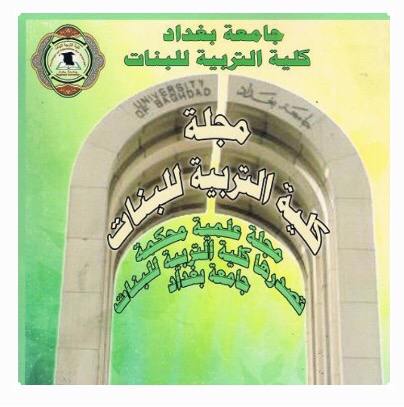المتغیرات الجدیدة في سیاسة روسیا الاتحادیة تجاه منطقتي آسیا الوسطى والقوقاز
الملخص
Federal Russia remains the central player in the space of post-Soviet Union,
particularly in the regions of Middle Asia and the Caucasus , which set standard for
the local transformations of the two regions.
The Russian concern continued about the shift of power in the
world, as long as Russia is concerned with limiting the action of the United States
in the area in which Russia sees as vital area to its national interests. Russia's
nationalists play a main role in reviving Russia's influence in Middle Asia as a vital
area and the natural ally of Russia, but without resorting to the old ways of using
the threat of military force.
The idea of the return of Russia as a superpower in the global arena in
Middle Asia in particular, is dominating over Russia today. Russia sees Middle
Asia as a "prize in the road" After Russia was able to avert the West's dominance of
the United States from the region, there are three options for the future of Middle
Asia:
1. To remain under the protection of Russia.
2. To Slip in chaos and instability.
3. Or to become under Chinese domination.
But by virtue of the Russia policy of soft power and the preservation of
Russia citizenship, it with ensure the survival of the Muslim republics in Middle
Asia under the influence of Russia politically and economically. As for the Caucasus region, it can be noted, the risk of renewed violence on
all sides still exists. The level of concern, which covers the region is not a level
reached thought negotiations agreed by all parties. Tense atmosphere, whether at
the level of relation between the countries of ( Azerbaijan , Armenia ) and ( Russia
and Georgia ), or at the level of the internal affairs of States themselves : Federal
Russia and its problems with the ( North Caucasus : Dagestan, Chechnya), (
Azerbaijan and Nagorno-Karabakh), ( Georgia and Ossetia and Abkhazia), and so
on as well as the intervention of the regional countries represented by Turkey and
Iran, and major powers like the United States and Europe.
As all countries of the Caucasus have no intention to accept the status of
minorities' Control over some areas therefore it is no exaggeration to say that the
Caucasus region with remain volatile for a period of time.
The Russian-Georgian war imposed a new reality, and the international
system will continue to be unipolar, where South Ossetia crisis is considered as
turning point indication the beginning of real change in the structure of the
international system towards a multi-system power. Federal Russia is considered an
active player in this system, which means that international conflict will continue
with the United States and will be more pronounced in the vital area of Russia and
the republics of the former Soviet Union as an energy sources and areas of passing
pipes , which means it will stay the core of conflict.













